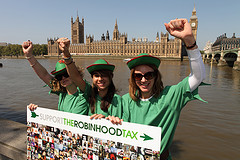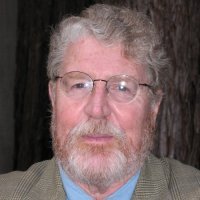Money is illegally flowing out of Africa. Here’s how to fix the problem.
Read morePeace & Foreign Policy
To build peace, we must dislodge the economic and political foundations of war. IPS believes that a just foreign policy is based on human rights, international law, and diplomacy over military intervention.
Latest Work
Reader Challenge: Red Shirt Leaders Turn Yellow — Whither Now?
Red Shirt leaders leave their followers in the lurch.
Read moreNuclear Weapons Are a Gift From God
Nuclear weapons are a clarion call to look at the whole subject to which nuclear weapons are a sub-category — mass warfare.
Read moreGlobal Activists Coordinate Actions to Tax Speculators
From Australia to Canada, activists are taking to the streets in cities around the world this week to hold the financial sector accountable for the costs of the global crisis.
Read moreCan a Security Council ‘Coalition of the Unwilling’ Defy Washington’s Sanctions Crusade?
Sanctions don’t work. Diplomacy does.
Read moreFilthy Factories Won’t Help Sick Kids
Infant’s Tylenol recall illustrates why we need government regulation.
Read moreOf Drone Wars and Buffalo Urine
Even if Faisal Shahzad wasn’t directly connected to the Pakistani Taliban, argues columnist Conn Hallinan, his attempted bombing of Times Square is still a consequence of U.S. drone attacks in Pakistan.
Read moreUrging Presidents Obama and Calderon to Address Human and Workers’ Rights Issues
They should seek to strengthen Mexican judicial and civilian institutions while creating jobs and education opportunities for the millions of those without decent jobs.
Read moreK Street Showdown in Washington, DC
What went down on May 17th, when labor and justice groups organized a rally against lobbyists.
Read moreHello, Has Anybody Seen Our Idea of Governance in Afghanistan?
Afghanistan is a landscape of “sink holes” into which our idea of governance has fallen.
Read more






